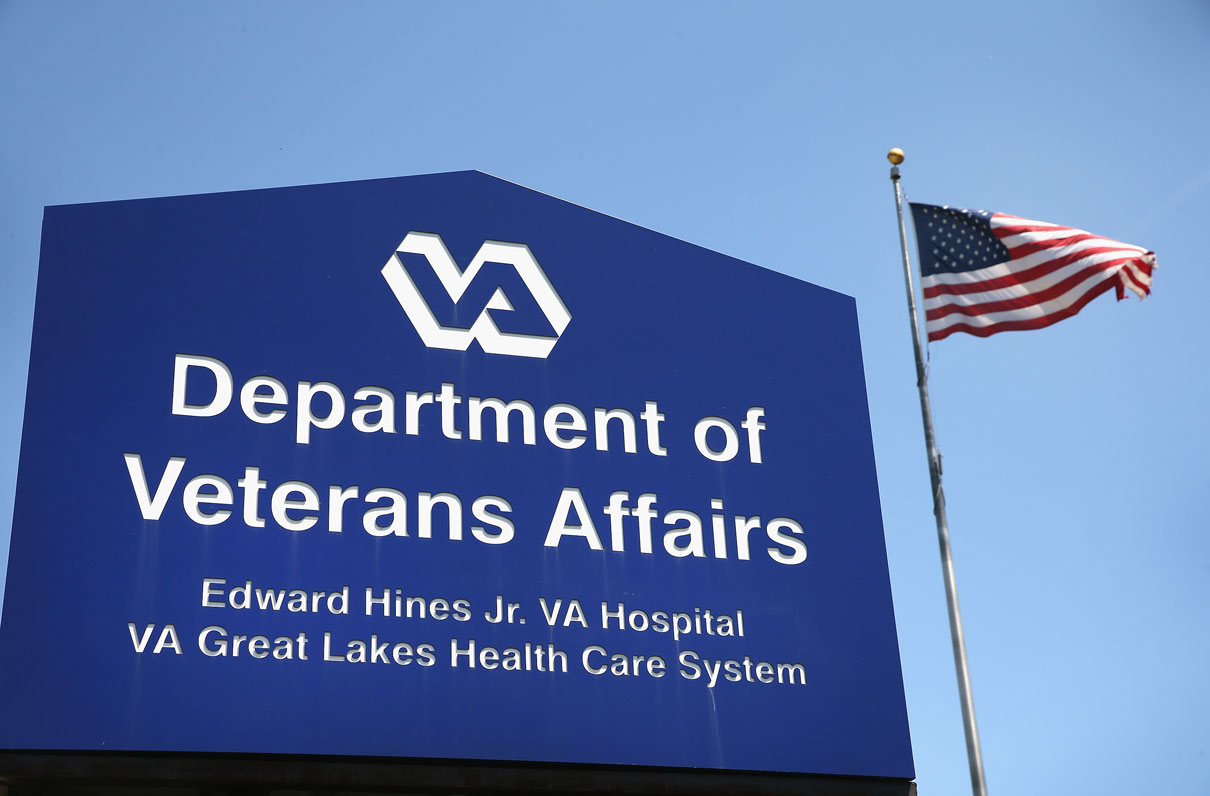By MOAA Staff
After several veterans reform issues were dropped from the massive $1.3 trillion omnibus spending package signed into law in March, it appears progress on any veterans legislation has stalled until a new VA secretary is confirmed. That could have a major impact on several important issues, most notably including the VA's role in private sector health care.
It's been four years since a scandal at the Phoenix VA Medical Center shed a light on the wait-times veterans faced when seeking care at the VA. Since then, Congress has spent billions of dollars allowing veterans to seek private sector care in the community, at the federal government's expense, while it works on reducing patient wait times at its facilities.
The issue of VA privatization came back into focus when Dr. David Shulkin left his positon as VA secretary, and President Donald Trump announced a new nominee, Rear Adm. Ronny Jackson, USN, the president's personal physician, to take the position.
The shake-up has stirred new questions about privatization and what all these changes mean to veterans and their families. The agency issued a press release April 5 firmly stating, "There is no effort underway to privatize VA and to suggest otherwise is completely false and a red herring designed to distract and avoid honest debate on the real issues surrounding veterans' health care."
But amid the public fallout between Shulkin and the administration, some people aren't so sure. In interviews, Shulkin said political appointees sought to remove him from his role in order to dismantle the VA's health system and push veterans into private sector care.
In the interim, Trump moved Robert Wilkie, undersecretary of defense for personnel and readiness, to serve as acting secretary of the VA until Jackson's confirmation.
Without much of a public record on the issue, many lawmakers are unsure of what to make of Adm. Jackson's nomination. Senate lawmakers are reluctant to move quickly on Jackson's confirmation until he provides answers to those important questions.
Without permanent leadership in place, it's difficult to tell what direction the nation's second-largest federal department will take. And without steady leadership, veterans could pay the price.
